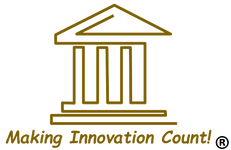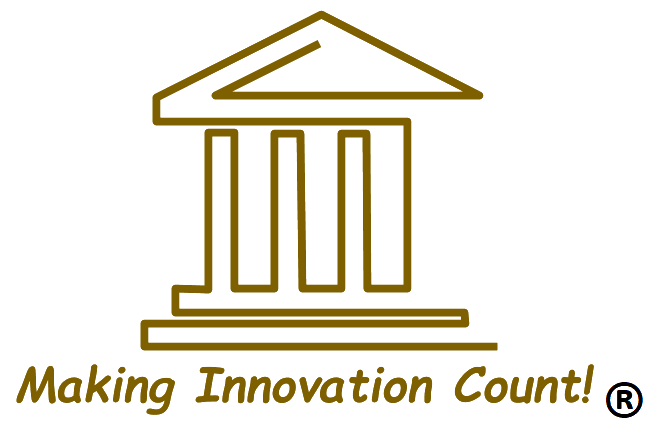 We all know what defamation is. Often it is in the news when one celebrity claims that another celebrity said something false about them. One of the better known cases is between Bill Cosby and a number of women over allegations of rape. Defamation has lots to do with hurting someone's reputation and although we are most acquainted with cases between two people it can also happen between two businesses. If a first business damages the reputation of a second business then the second business may have a cause of action against the first business. The cause of action is not called Defamation but "Trade Libel". Trade Libel has a few cousins that in some ways overlap. They are:
If you would like to have me post a blog on one of the above let me know but for now lets discuss Trade Libel. Trade Libel occurs through the publication of a false statement that intentionally disparages the quality of property and induces another not to deal with the plaintiff, which causes the plaintiff actual pecuniary damage. Key cases in California courts include Polygram Records, Inc. v. Superior Court, Nichols v. Great American Insurance Companies, and Erlich v. Etner. To give rise to a cause of action for Trade Libel the plaintiff must prove the following elements:
Defendant also has defenses that they may present in court to defeat a claim of Trade Libel by the plaintiff. These defenses include Statute of Limitations, Absolute Privilege, Qualified Statutory Privilege, and Constitutional Privileges. As you can see, the plaintiff has their work cut out for them to prove that the defendant is liable for Trade Libel. In particular the element of proving the harm that was caused by defendant's inducement. However an "ounce of prevention is worth a pound of cure" so be careful with statements that you make. Check your facts and dot your i's and cross your t's when making a disparaging statement about another business or just not make such statements at all. This blog posting is just a brief introduction into Trade Libel. I recommend that you consult an attorney whenever:
A qualified attorney can help you with determining your legal risks and minimizing them.
0 Comments
|
Categories
All
|
California, Inland Empire - (909) 566-2801
California, Santa Barbara - (805) 500-6241
Tennessee - (423) 226-8036
Georgia - (404) 436-0899
California, Santa Barbara - (805) 500-6241
Tennessee - (423) 226-8036
Georgia - (404) 436-0899

